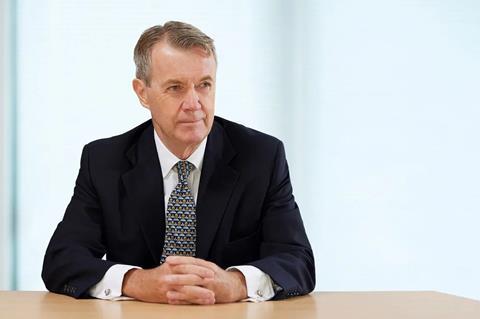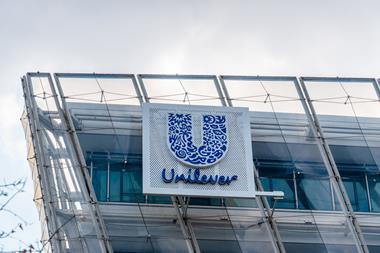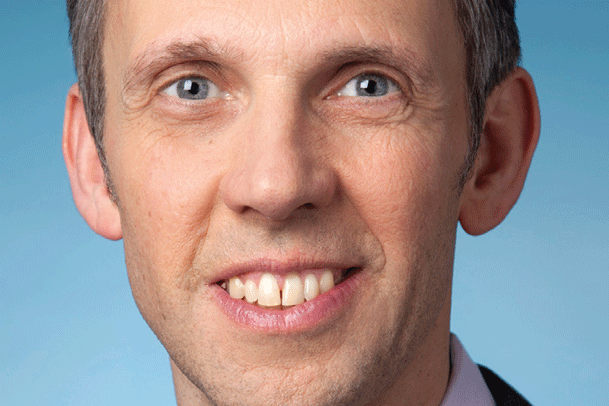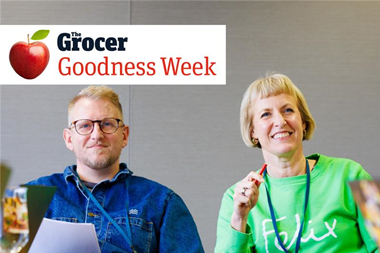
In the century since it was founded, Unilever has been a major pillar in the UK grocery industry. Its leaders have also featured large in the story of the UK business. The likes of Michael Angus, Niall FitzGerald – and most recently, Paul Polman – have become significant players in both business and national politics.
So it is something of a surprise that the announcement of its new chair should go relatively unconsidered in the national media. That may have been entirely deliberate on the part of the company – Unilever has a way of staying under the radar and allowing its performance to do the talking.
Among the UK consumer giants, there has been an increasing trend of making senior international appointments. It’s part and parcel of the diversity agenda. A cursory look at the board or executive committee of any UK based fmcg company will now show a hugely diverse group of senior leaders with a distinctly intercontinental feel.
The background and career of many of these individuals is pretty identikit. They are drawn from a pool of major businesses and management consultancies that rarely varies. However, in gender, nationality and ethnicity, there is no doubt diversity is the name of the game.
One company that is increasingly becoming a talent pool for headhunters is Diageo. Under Paul Walsh and Ivan Menezes, Diageo became a virtual business school for senior management. At one point in the early 2000s, a third of the FTSE top 50 CFOs had worked for Diageo. Later, the same became true of the provenance of CMOs, chief people officers and general counsels. Ian Meakins is one notable alumnus. Others include David Gosnell (chair of Coats) and Gilbert Ghostine (chair of Sandoz).
McKinsey, and some of the other major management consultancies, have even greater influence. This concentration of a relatively small number of major organisations is because so many businesses of scale require serious, international experience and the requisite familiarity with governance at the highest level. So a relatively small number of companies can provide that necessary experience. These backgrounds are a safe choice.
Yet I would argue the choice of Meakins for Unilever’s chair is not conservative. For full disclosure, I worked with him – not particularly closely – for six years. His very significant portfolio of responsibilities included the UK & Ireland, global supply and IT. He was immensely hard-working and extremely thoughtful. He listened to and respected his people, but was not afraid to probe, question or challenge. He was loyal and liked for it, but he did distance.
We worked closely together to resolve an imbroglio into which Diageo had managed to step. It was an example of his working style. Acknowledging the mistake, he nevertheless avoided recriminations. He could be spectacularly forthright with me, but was unfailingly positive and extraordinarily diplomatic with the many external stakeholders who needed to be assuaged.
It was clear Walsh would be CEO for many years. So Meakins moved on, becoming CEO of Alliance UniChem, and eventually landed at Wolseley Group. He made the transition to the NED side of the boardroom table with considerable aplomb. His apprenticeship for the Unilever role has included the chairs of Rexel and the Compass Group.
Unilever can expect its new chair to have all the smarts of his recent cosmopolitan predecessors. But it has also acquired someone with real intellectual horsepower, whose business experience includes most of the everyday decisions the company is likely to face. It is probably the nearest to the spotlight he has been, but I doubt that will faze him. His capacity for wonderful clarity will stand him and the company in good stead.



















No comments yet